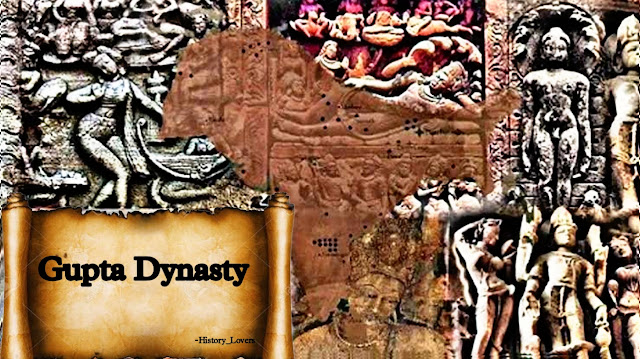Ancient Indian science and mathematics
Ancient Indian Science and Mathematics:
 |
| Vedic science and mathematics |
Introduction
India is the birth place of Science, mathematics, art, Culture, Cosmology. All the modern science was already written in thousands of years ago in Indian Vedas and Upanishads. There are so many things that existed in India even the science couldn't proven. Ancient India boasts a rich heritage in science and mathematics that has influenced and shaped the intellectual landscape of the world. While often overshadowed by the architectural marvels and cultural diversity of the subcontinent, India's scientific and mathematical achievements have left an indelible mark on human civilization. However there are so many things to explain about Indian civilization, technology and science. In this article, we embark on a fascinating journey through time to explore the groundbreaking discoveries and pioneering contributions made by ancient Indian scholars in the realms of science and mathematics.
1. Vedic Mathematics
 |
| Vedic mathematics |
We begin our exploration with Vedic Mathematics, a system of mathematics derived from the ancient Hindu scriptures known as the Vedas. Vedic Mathematics introduced innovative techniques for mental calculation, including methods for multiplication, division, square roots, and solving complex equations. These techniques were remarkably efficient and served as the foundation for subsequent mathematical developments in India.
2. The Concept of Zero and Decimal System
One of the most significant contributions of ancient India to the world of mathematics is the revolutionary concept of zero and the decimal system. Indian mathematicians developed the decimal numeral system, which included the concept of zero as a placeholder. This groundbreaking innovation laid the groundwork for modern mathematics and paved the way for advanced calculations, including the development of algebra and trigonometry.
3. Aryabhata and the Siddhantic Era
 |
| Aryabhatta & Brahmagupta |
Aryabhata, an eminent Indian mathematician and astronomer from the 5th century CE, played a pivotal role in shaping ancient Indian science and mathematics. His work, Aryabhatiya, provided significant insights into algebra, trigonometry, and the concept of the solar system. Aryabhata's contributions to the field of mathematics were instrumental in advancing scientific knowledge during the Siddhantic Era.
4. Geometry and Astronomy
 |
| Vedic geometry |
Indian veda and Upanishads explained mainly about the Astronomy and cosmology. Ancient Indian scholars made remarkable strides in the fields of geometry and astronomy. The renowned mathematician Brahmagupta, known for his treatise Brahmasphutasiddhanta, made significant contributions to the study of geometry and algebra. Moreover, Indian astronomers like Varahamihira and Bhaskara II made groundbreaking discoveries, such as accurate calculations of planetary movements, determining eclipses, and postulating the heliocentric model of the solar system.
5. Medicine and Ayurveda
Ancient India was also a hub of medical advancements. The ancient Indian system of medicine, Ayurveda, focused on holistic healing and the balance between mind, body, and spirit. Ayurvedic practitioners made significant contributions to medical knowledge, including the identification and use of various herbs, surgical techniques, and a comprehensive understanding of human anatomy.
Sushruta samhitha is the first plastic surgeon in the world. He also known as father of plastic surgery.
And Charaka samhitha is the legend of the Ayurveda
 |
| Sushruta samhitha & Charaka samhitha |
6. Metallurgy and Alchemy
The ancient Indians possessed advanced knowledge of metallurgy and alchemy. They mastered the art of extracting and purifying metals, creating high-quality alloys, and manufacturing intricate metalwork. The alchemical tradition in India explored the transformation of substances and sought to uncover the secrets of the universe through experimentation.
Conclusion
Ancient Indian science and mathematics stand as a testament to the remarkable intellectual prowess and ingenuity of the scholars who shaped the subcontinent's history. The contributions made in fields such as mathematics, astronomy, medicine, and metallurgy have left an enduring impact on global knowledge systems. By recognizing and studying these achievements, we gain a deeper appreciation for the intellectual legacy of ancient India and the foundations upon which modern scientific and mathematical advancements are built. It is essential to continue exploring and celebrating the accomplishments of ancient Indian scholars, as their discoveries. There are more than infinity we have to discuss about Indian history and science. I'll explain things as i can do in upcoming articles.
Thank you for reading ❤


